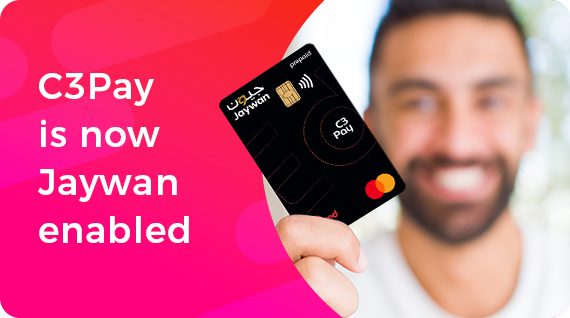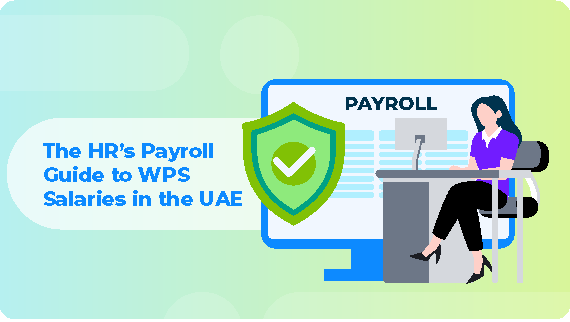Have you ever opened a bank account and been asked for a mountain-sized pile of paperwork? Driver’s license, utility bills, bank statements, passport, headshot, the list goes on! It can feel a bit intrusive, but this process is called KYC i.e. Know Your Customer, which is crucial for all kinds of businesses, especially from an HR and tracking of records point of view.
What exactly is KYC?
In a nutshell, KYC (UAE) refers to the regulations and procedures that businesses use to verify the identity of their customers. This can involve collecting information like:
🔴 Personal details: Name, date of birth, address
🔴 Proof of identity: Passport, driving license, national ID card
🔴 Proof of address: Utility bill, bank statement
Why is KYC important?
KYC isn’t just a bureaucratic hurdle – it plays a vital role in protecting businesses and the wider financial system. Here’s why:
🔴 Combating Money Laundering
Criminals often try to hide their money—that don’t always come from good sources—by funnelling it through legitimate businesses i.e. mixing it with honest businesses, such as a restaurant or a car wash. KYC helps to identify and prevent this by ensuring that customers really are who they say they are.
🔴 Fighting Fraud
Fraudsters can try to open accounts in someone else’s name. Digital frauds are rampant these days in all countries. KYC helps to verify a customer’s identity, making it harder for them to commit financial crimes.
🔴 Mitigating Risk
Understanding your customer base allows you to assess their financial risk profile. This is particularly important for HR when dealing with payroll and benefits.
KYC and HR: A Match Made in (Compliance) Heaven
While KYC might seem like a banking issue, it is increasingly relevant to HR departments. Here’s how:
🔵 Background Checks
KYC principles can be applied to background checks. By verifying a candidate’s identity and qualifications, you can ensure you’re hiring the right person for the job.
🔵 Payroll Protection
Verifying employee details helps to prevent any fraudulent activity within your payroll system.
🔵 Benefits Administration
KYC helps to ensure the right benefits are going to the right people, and any misuse or errors are prevented.
But isn’t KYC a pain for everyone involved?
Traditionally, KYC could be a lengthy and paper-based process. However, advancements in technology are making it faster and more user-friendly. Online verification tools and digital identity checks are streamlining the process for both businesses and customers.
What about the future of KYC?
As technology evolves, so too will KYC regulations. You can certainly expect to see:
➡️ Increased Use of Biometrics: Facial recognition and fingerprint scanning are increasingly becoming more common for identity verification.
➡️ Focus on Data Security: Protecting customer data is paramount. Businesses will need to ensure robust security measures are in place.
➡️ Global Harmonisation: Efforts are underway to create a more standardised approach to KYC across different countries.
The Takeaway
Understanding KYC is essential for HR professionals in today’s world. By implementing robust KYC procedures, you can protect your company from fraud and ensure compliance with regulations. More importantly, KYC helps to build trust with your employees, knowing their personal information is secure.
Remember, KYC isn’t just about ticking boxes; it’s about creating a safe and secure environment for everyone involved. So, the next time you ask a new hire for their documentation, remember that you’re playing a crucial role in safeguarding their interests, your company, and the financial system as a whole.
👉🏼 Looking to get in touch with a MOHRE-approved payroll card provider for corporate payroll solutions, or a payroll outsourcing company? Reach out to us for any information related to salary processing, employee management, payroll cards, or WPS payroll in UAE.




